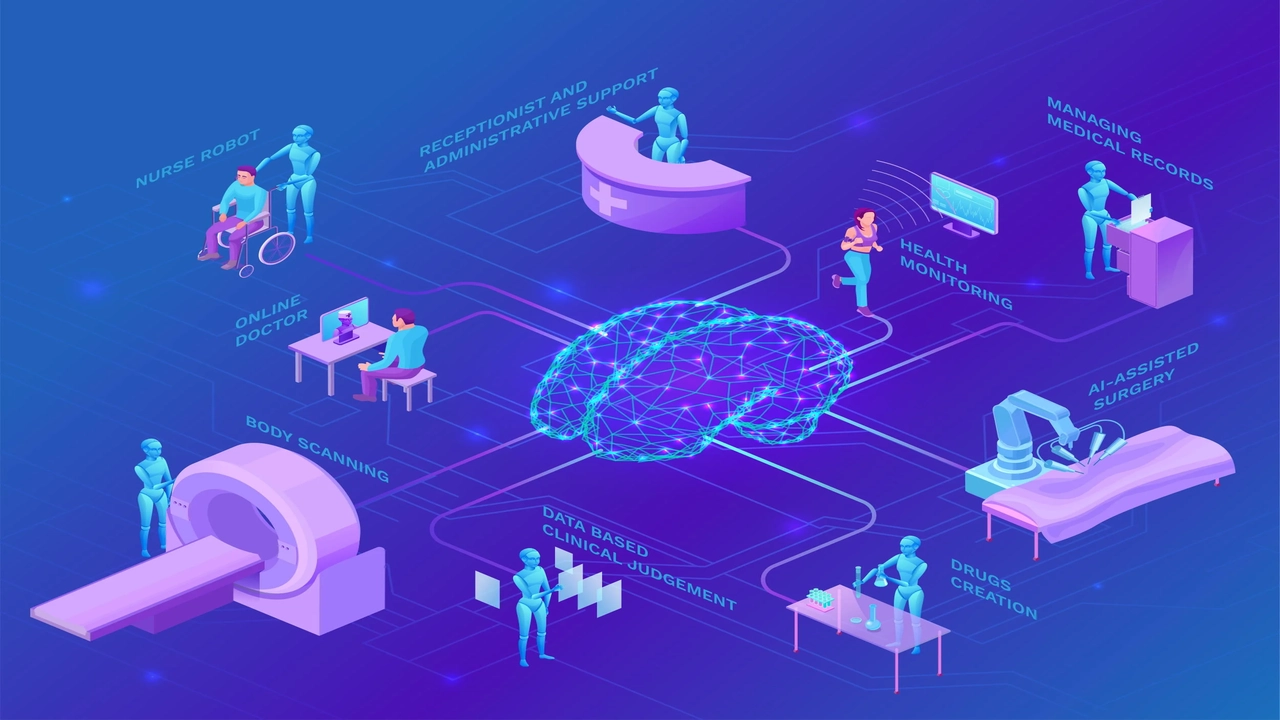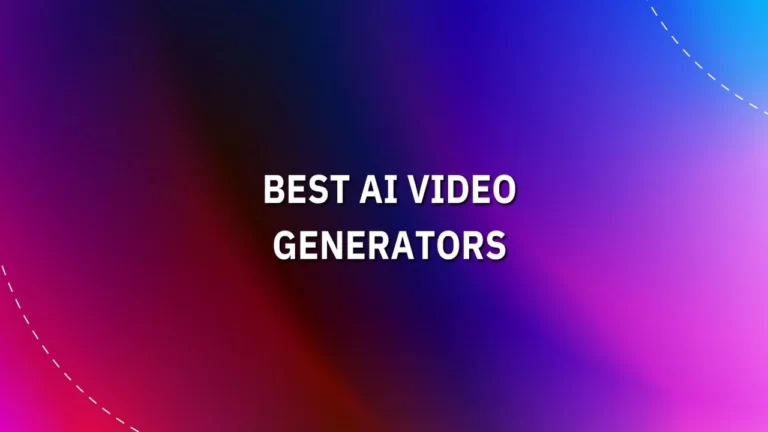10 Benefits of Artificial Intelligence in Healthcare
- Introduction to AI in Healthcare
- Benefit 1: Enhanced Diagnostic Accuracy
- Benefit 2: Personalized Treatment Plans
- Benefit 3: Efficient Data Management
- Benefit 4: Drug Development and Discovery
- Benefit 5: Predictive Analytics for Preventive Care
- Benefit 6: Enhanced Patient Engagement
- Benefit 7: Streamlining Administrative Tasks
- Benefit 8: Training and Education Enhancement
- Benefit 9: Improved Surgical Precision
- Benefit 10: Remote Monitoring and Telehealth
- Challenges and Ethical Considerations
- 10 benefits of artificial intelligence in healthcare
Introduction to AI in Healthcare
10 benefits of artificial intelligence in healthcare? The realm of healthcare is witnessing a paradigm shift with the integration of Artificial Intelligence (AI). From revolutionizing diagnostic procedures to personalizing patient treatment plans, AI is redefining the boundaries of medical science. This article delves into the ten pivotal benefits AI brings to healthcare, highlighting its impact on improving patient care and medical outcomes.
Benefit 1: Enhanced Diagnostic Accuracy
AI’s application in radiology and pathology has been groundbreaking. Through advanced algorithms, AI assists in interpreting medical images with greater precision, reducing the instances of misdiagnosis and enabling early disease detection.
Benefit 2: Personalized Treatment Plans
AI’s capability to analyze vast patient data allows for the development of tailored treatment strategies. It considers individual patient profiles, leading to more effective and personalized healthcare solutions.
Benefit 3: Efficient Data Management
The management and analysis of extensive healthcare data have been streamlined thanks to AI. It enhances the utility of electronic health records, making patient data more accessible and actionable.
Benefit 4: Drug Development and Discovery
AI accelerates the process of drug discovery, significantly reducing the time and cost involved. Its role in the rapid development of vaccines, particularly evident during the COVID-19 pandemic, underscores its potential in pharmaceutical research.

Benefit 5: Predictive Analytics for Preventive Care
AI’s predictive analytics play a crucial role in preventive healthcare. By analyzing trends and data patterns, AI helps in anticipating health issues before they manifest, allowing for timely interventions.
Benefit 6: Enhanced Patient Engagement
AI-powered apps and wearables have transformed patient engagement, enabling continuous monitoring and promoting proactive health management.
Benefit 7: Streamlining Administrative Tasks
AI significantly reduces the administrative burden in healthcare settings, improving efficiency and cutting down operational costs.
Benefit 8: Training and Education Enhancement
AI tools aid in the training and education of healthcare professionals, providing simulation-based learning experiences and facilitating continuous professional development.
Benefit 9: Improved Surgical Precision
The advent of AI in robotic surgery has led to more precise and less invasive surgical procedures, improving patient outcomes.

Benefit 10: Remote Monitoring and Telehealth
AI enhances telehealth services and remote patient monitoring, expanding access to healthcare, especially in remote or underserved regions.
Challenges and Ethical Considerations
10 benefits of artificial intelligence in healthcare? While AI brings numerous benefits, it also presents challenges and ethical dilemmas that need careful consideration, particularly regarding data privacy and algorithmic bias.
10 benefits of artificial intelligence in healthcare
10 benefits of artificial intelligence in healthcare? The future of AI in healthcare is promising, with potential advancements that could further revolutionize patient care and medical practices.
FAQ
More Content 👇
The AI Photo Trend: Revolutionizing Digital Imagery And Marketing








